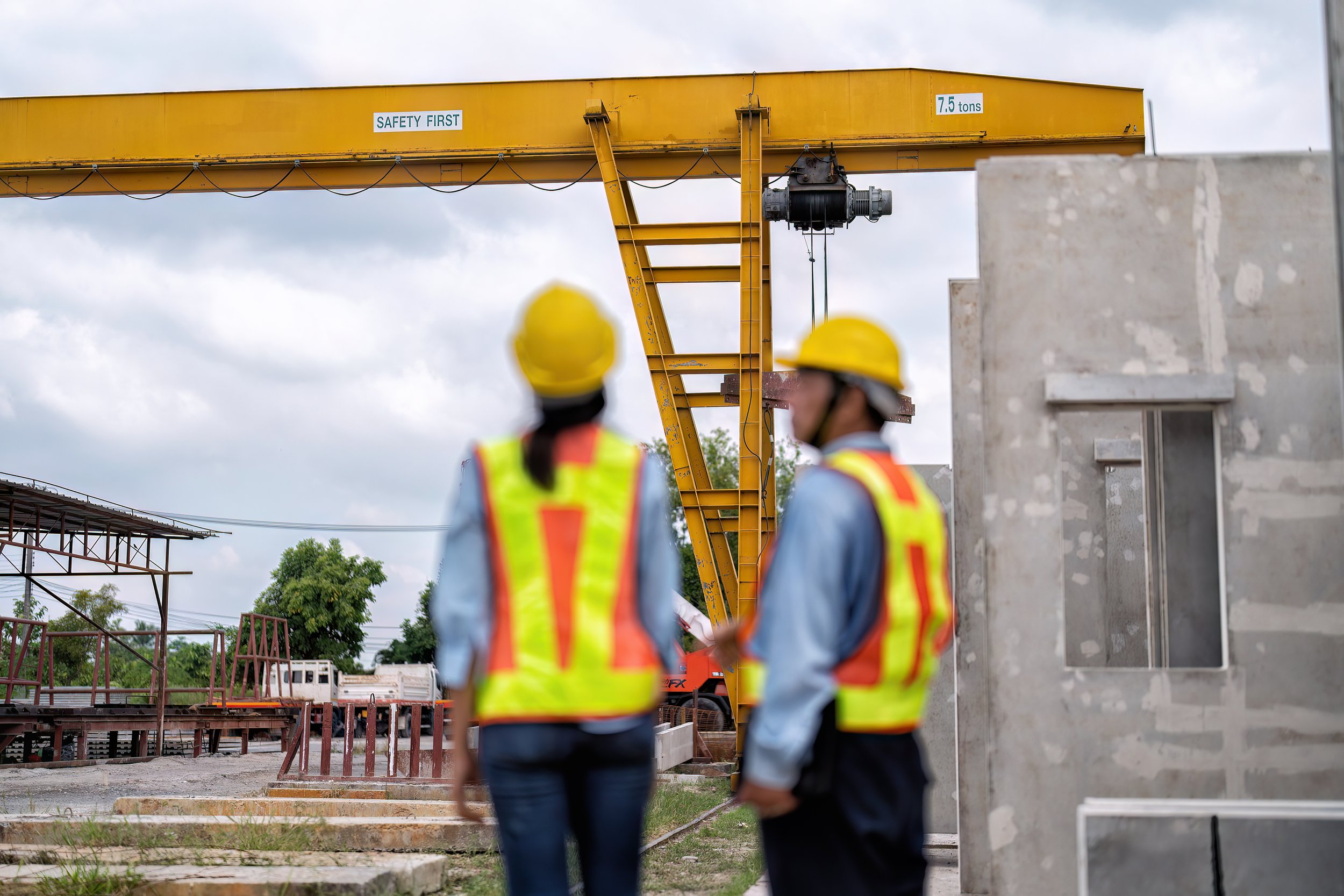The Role of Traffic Control Personnel on Site
The Role of Traffic Control Personnel on Site
When it comes to keeping construction sites safe and efficient, Traffic Control Personnel (TCPs) are essential. Whether you’re managing a highway project or working in a busy urban area, TCPs help direct vehicles, equipment, and pedestrian traffic, minimizing risks while maintaining the pace of work.
Why TCPs Are Critical to Site Safety
Construction sites are inherently hazardous, especially when they’re located near or on busy roadways. TCPs act as the first line of defense against traffic-related accidents. Their primary job is to control the flow of vehicles and pedestrians, ensuring both site workers and the public are protected.
Trained in flagging, communication protocols, and emergency response, TCPs are not just people holding signs—they’re skilled professionals who understand the rhythm of traffic and the rules that govern it. Their presence ensures that traffic keeps moving while giving construction crews the space they need to work safely.
Responsibilities of Traffic Control Personnel
The responsibilities of TCPs vary depending on the job site, but typically include:
Setting up signs, cones, and barriers according to traffic management plans
Using hand signals or signs to direct traffic safely through or around the work zone
Communicating with equipment operators, drivers, and other workers on-site
Monitoring real-time conditions and adjusting controls as needed
Responding to incidents or emergencies involving traffic flow
Ensuring the site remains compliant with local bylaws and safety regulations
Training and Legal Compliance
In British Columbia, TCPs must complete mandatory safety and traffic control training to be certified. This training ensures they know how to create a safe work zone, understand legal standards, and communicate effectively. Hiring certified TCPs helps you avoid legal pitfalls and creates a safer, more professional work environment.
Why It Matters
Without skilled TCPs, your project runs the risk of fines, work stoppages, or worse—serious injuries. Their role may seem simple at a glance, but they play a crucial part in reducing liability and keeping your team protected. Having trained traffic control in place isn’t just a best practice—it’s often a legal requirement.
Enhancing Site Efficiency Through Traffic Control
Efficient traffic control can also help projects stay on time and on budget. When trucks and equipment move in and out smoothly and without delay, downtime is minimized. TCPs don’t just keep people safe—they keep operations moving. In short, investing in certified TCPs can lead to more efficient, lower-risk worksites.
Ready to Hire Certified Traffic Control Personnel?
Contact us today to find trained TCPs who can help your site stay safe, efficient, and fully compliant.

